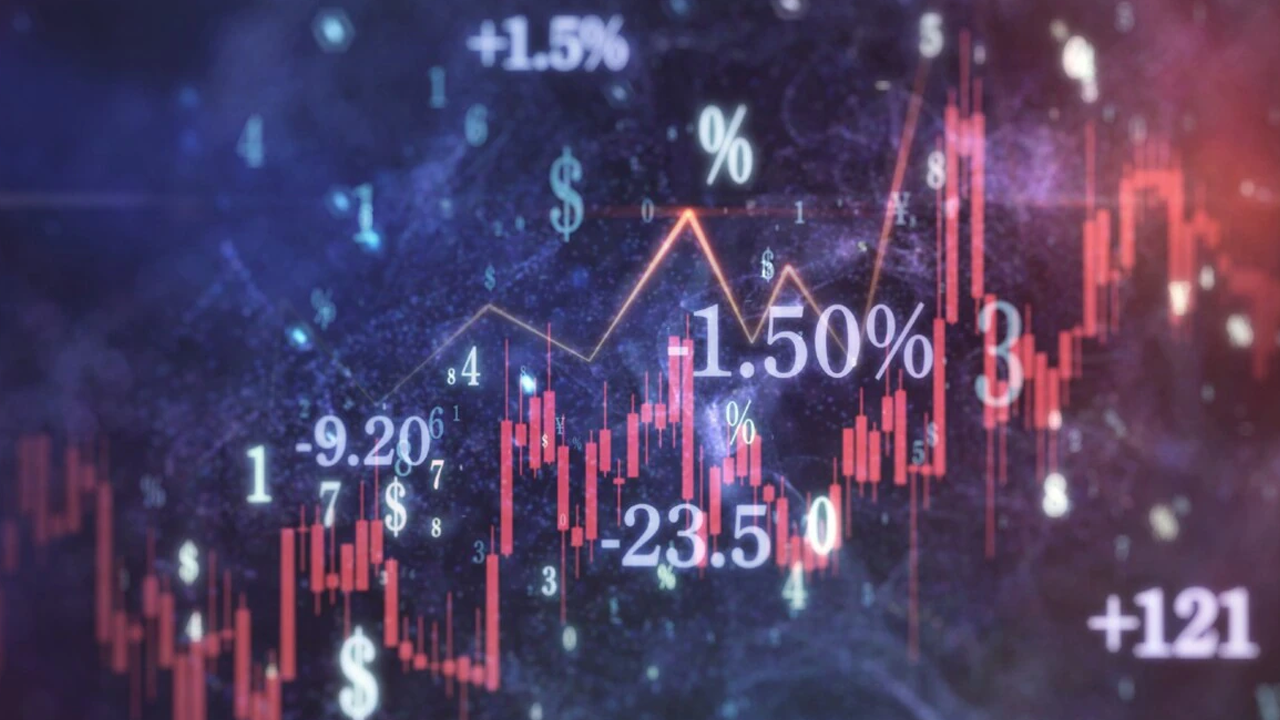RBA Governor Bullock Predicts ‘Quite Low’ March GDP Numbers
Reserve Bank of Australia (RBA) Governor Michele Bullock has indicated that a rebound in inflation or persistently high price pressures could necessitate further interest rate hikes. Speaking at a senate estimates hearing, Bullock emphasized the RBA’s readiness to act if inflation remains uncomfortably high, stating that the central bank would not hesitate to increase rates again to control rising prices.
Conversely, Bullock noted that if economic growth were significantly lower than expected, the RBA would consider cutting interest rates to stimulate the economy. She highlighted the importance of monitoring economic indicators closely to determine the appropriate monetary policy response.
Bullock also projected that economic growth would be “quite low” in early 2024. The March quarter national accounts are expected to show minimal growth, with economists predicting a mere 0.2% expansion in the first quarter of 2024. This figure would result in an annual growth rate of just 1.2%, the weakest performance outside the pandemic since the 2000 dot-com bust. When questioned about the concept of a per capita recession, Bullock dismissed the term, stating that it does not accurately reflect job losses and economic difficulties.
In addressing budgetary questions, Bullock avoided labeling Treasurer Jim Chalmers’ May budget as either expansionary or contractionary, citing the complexity of the issue. She argued that various domestic and international factors influence Australia’s economic conditions, not just fiscal policy. Treasury Secretary Steven Kennedy also declined to provide a definitive answer on the budget’s impact during a similar inquiry.
Bullock reassured that federal and state energy rebates would not significantly impact underlying inflation. Despite concerns from some economists that the savings from the rebates might boost spending and inflation, Bullock believes the effect will be minimal. The May budget included a $300 energy rebate for households, which Treasury estimates will reduce headline inflation by 0.5 percentage points.
Under questioning from Liberal Senator Dean Smith, Bullock affirmed that the RBA would not rule out raising interest rates during an election campaign if necessary. The central bank’s decisions will continue to be driven by economic data.
RBA Assistant Governor Christopher Kent highlighted that the effects of the 13 rate hikes since May 2022 are still unfolding. A small group of borrowers with fixed-rate loans are yet to transition to higher variable rates, which could add another 20 basis points to the average mortgage rate. Kent also noted that increased competition among banks for high-quality borrowers has mitigated the impact of rate hikes on households. Only about 80% of the increase in the cash rate has been passed on to borrowers, thanks to competitive banking practices.











